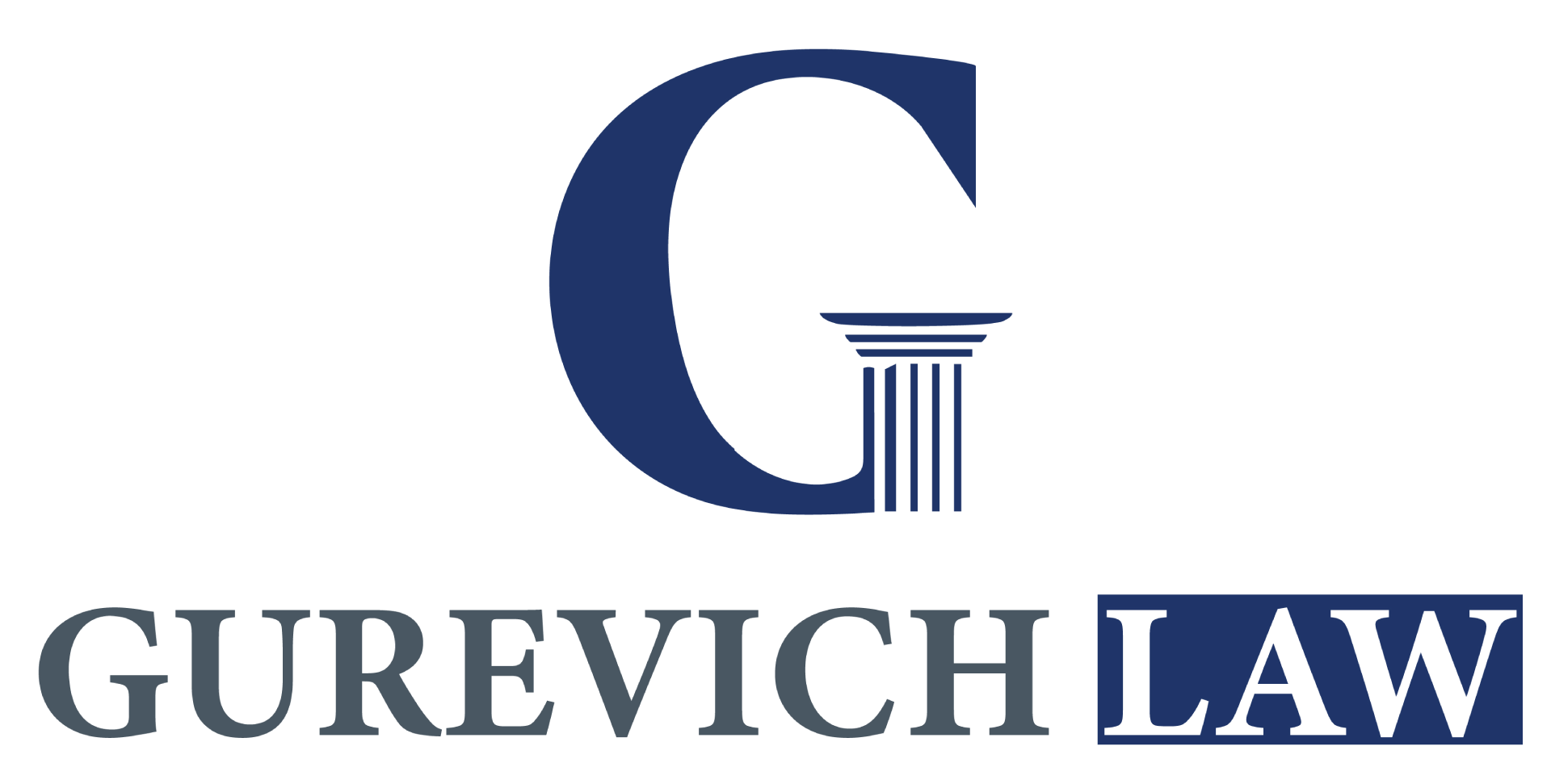
Boat accidents can result in serious injuries and complex legal challenges. Navigating the aftermath of such incidents requires a thorough understanding of maritime laws and personal injury regulations specific to New York. Our firm is committed to helping those affected by boat accidents secure the compensation and legal support they need to recover and move forward.
If you or a loved one has been involved in a boat accident, it’s important to seek legal guidance promptly. The laws surrounding boat accidents can be intricate, involving federal and state statutes as well as liability considerations. Our legal service guide offers essential information to help you understand your rights and the steps involved in pursuing a claim.
Engaging legal representation after a boat accident ensures your rights are protected throughout the claims process. A knowledgeable legal approach helps gather necessary evidence, negotiate with insurance companies, and advocate for fair compensation. Effective legal support can alleviate the stress of handling complex claims while maximizing the potential recovery for medical expenses, lost wages, and other damages.
Gurevich Law in New York have extensive experience handling personal injury claims, including those arising from boat accidents. Our team is dedicated to providing personalized attention and thorough legal representation tailored to each client’s unique situation. We focus on understanding the details of your case to develop a strategy that best serves your interests and helps achieve favorable outcomes.
Legal services related to boat accidents involve investigating the circumstances of the incident, identifying liable parties, and navigating maritime and personal injury laws applicable in New York. This process often includes gathering evidence such as accident reports, witness statements, and expert analysis to build a strong case for compensation.
Clients receive guidance on their legal options and assistance with filing claims or lawsuits against responsible parties. The service also includes negotiating settlements and representing clients in court if necessary. Understanding the legal framework helps clients make informed decisions as their case progresses.
A boat accident typically involves collisions, capsizing, or other incidents occurring on navigable waters. Under New York law, these accidents can involve personal injury claims where negligence or recklessness by one or more parties leads to harm. The legal definition encompasses various watercraft types and scenarios, each with specific regulations and liability considerations.
Key elements include establishing fault, documenting injuries, and understanding insurance coverage. The process begins with a thorough case evaluation, followed by evidence collection and claim filing. Negotiations with insurers or responsible parties aim to reach a fair settlement, but litigation may be pursued if necessary to protect client interests.
Familiarity with legal terms can help clients better understand their case and the claims process. Below are definitions of common terms encountered in boat accident cases in New York.
Negligence refers to a failure to exercise reasonable care, resulting in harm to another person. In boat accident cases, it includes actions like reckless operation or failure to follow safety regulations.
Damages represent monetary compensation sought for injuries, losses, or harm suffered due to the accident. This can include medical costs, lost income, and pain and suffering.
Liability is the legal responsibility for the accident and resulting damages. Determining liability is critical in establishing who must compensate the injured party.
Maritime law governs activities and incidents on navigable waters, including boat accidents. It includes federal statutes and regulations that supplement state personal injury laws.
Clients may choose between pursuing a settlement through negotiation or filing a lawsuit for a court decision. Each approach has advantages depending on case specifics, desired outcomes, and timelines. Settlements can provide quicker resolution, while litigation may be necessary for fair compensation in complex cases.
If the accident results in minor injuries and the responsible party is clearly identifiable, a limited legal approach focused on settlement negotiations can be effective. This avoids lengthy court proceedings and expedites compensation.
When adequate insurance coverage exists and the insurer is cooperative, pursuing a settlement without litigation may provide a practical resolution. This approach reduces legal costs and simplifies the claims process.
Complex cases involving multiple parties or disputed liability require thorough legal analysis and advocacy to protect client rights and secure appropriate compensation.
Severe injuries with long-lasting effects often necessitate comprehensive legal services to ensure all damages, including future medical needs and lost earning capacity, are fully addressed.
A comprehensive approach ensures every aspect of the case is examined and pursued diligently. This leads to a stronger position in negotiations or court and can result in higher compensation for the client.
It also provides clients with peace of mind by handling all legal complexities on their behalf, allowing them to focus on recovery while their case is managed attentively.
Careful case preparation and legal advocacy increase the likelihood of receiving full and fair compensation covering all damages, including medical expenses, pain, suffering, and lost wages.
Comprehensive services include detailed investigation, documentation, and representation, which help prevent oversights that could weaken a claim or limit recovery.


After a boat accident, gather all relevant information such as photos, witness contacts, and medical records. Prompt documentation preserves critical evidence needed to support your claim and strengthens your case.
Refrain from making statements about who caused the accident, especially on social media or to insurance representatives. These statements can be misinterpreted and affect your claim adversely.
Boat accidents often involve unique legal challenges that require careful navigation of maritime and state laws. Our services are designed to guide you through this process efficiently while protecting your interests at every stage.
With personalized support and strategic legal action, we help clients secure compensation that reflects the full scope of their damages and losses, aiding their recovery and future stability.
Boat accidents can arise from various scenarios such as operator negligence, defective equipment, hazardous weather conditions, or failure to follow safety protocols. Each circumstance demands a tailored legal approach to address liability and damages effectively.
Accidents involving collisions between two or more boats are common and often complex. Determining fault and liability requires detailed investigation and understanding of maritime navigation rules.
Operating a boat while impaired significantly increases the risk of accidents. Cases involving intoxication may involve additional legal considerations and potential penalties.
Accidents caused by faulty boat equipment or poor maintenance can hold manufacturers or owners liable. Identifying these factors is essential for a successful claim.

Our firm offers dedicated attention to each case, ensuring that your unique circumstances are fully understood and addressed with care.
We handle all aspects of your claim, from investigation through resolution, providing clear communication and strategic legal support.
Our commitment is to achieve the best possible outcome for you, helping you recover financially and emotionally from the accident.
Our process begins with a detailed case evaluation followed by evidence gathering and claim filing. We keep clients informed at every step while pursuing negotiations or litigation as needed to maximize compensation.
We start by reviewing the details of your accident and gathering relevant documentation to assess the viability and strength of your claim.
We conduct a thorough interview to understand the circumstances and collect all necessary facts and documents related to the incident.
Our team collects accident reports, medical records, witness statements, and other evidence to build a comprehensive case file.
After assembling the case, we file claims with insurance companies or responsible parties and begin negotiations to seek a fair settlement.
We prepare and submit all necessary documentation to the insurance providers to initiate the compensation process.
Our team engages with insurers or opposing parties to negotiate terms that reflect the full extent of your damages and losses.
If negotiations do not yield a satisfactory result, we proceed to litigate the case in court to advocate for your rights and compensation.
We initiate legal action by filing a complaint and pursuing discovery to further support your claim.
Throughout the trial process, we continue to seek settlement opportunities while preparing to present your case before a judge or jury.
Immediately after a boat accident, ensure your safety and seek medical attention if needed. It’s important to report the accident to the proper authorities to create an official record. Gathering evidence such as photos and witness information can be invaluable for your case. Avoid making statements about fault and contact a legal professional to discuss your options and rights.
In New York, the statute of limitations for filing a personal injury claim related to a boat accident is generally three years from the date of the accident. However, certain maritime claims may have different time limits. It is crucial to consult with a legal professional promptly to ensure your claim is filed within the applicable deadlines.
Yes, damages for emotional distress can be part of a boat accident claim if the injury or incident caused significant psychological impact. These damages are often considered along with physical injuries and other losses. Proper documentation and legal representation can help demonstrate the extent of emotional distress for compensation purposes.
Compensation may include medical expenses, lost wages, rehabilitation costs, pain and suffering, and in some cases, punitive damages. The specific types and amounts depend on the circumstances of the accident and the extent of injuries or losses sustained. Each claim is unique and requires careful evaluation.
Not always. Many boat accident claims are resolved through negotiations and settlements without going to court. However, if a fair agreement cannot be reached, litigation may be necessary to protect your rights and achieve just compensation. Legal counsel can advise on the best course of action.
Liability can rest with various parties including the boat operator, owner, manufacturers of defective equipment, or other involved individuals. Determining liability depends on the facts and circumstances of the accident, and often requires legal investigation to establish responsibility.
Insurance companies typically investigate the claim to assess liability and damages. They may offer settlements based on their evaluation, which might not fully cover all losses. It is advisable to have legal support during interactions with insurers to ensure fair treatment and adequate compensation.
Yes, boat accidents are governed by maritime law, which includes federal statutes alongside state laws. These regulations address issues such as navigational rules and liability standards. Understanding these laws is essential for properly handling boat accident claims.
Important evidence includes accident reports, photographs of the scene, medical records, witness statements, and any communication with insurance companies. Collecting and preserving this evidence promptly is critical to supporting your claim effectively.
New York follows a comparative negligence rule, which means you may still recover damages even if you share some fault. However, your compensation may be reduced by the percentage of your responsibility. Legal guidance can help navigate these complexities and maximize your recovery.
"*" indicates required fields